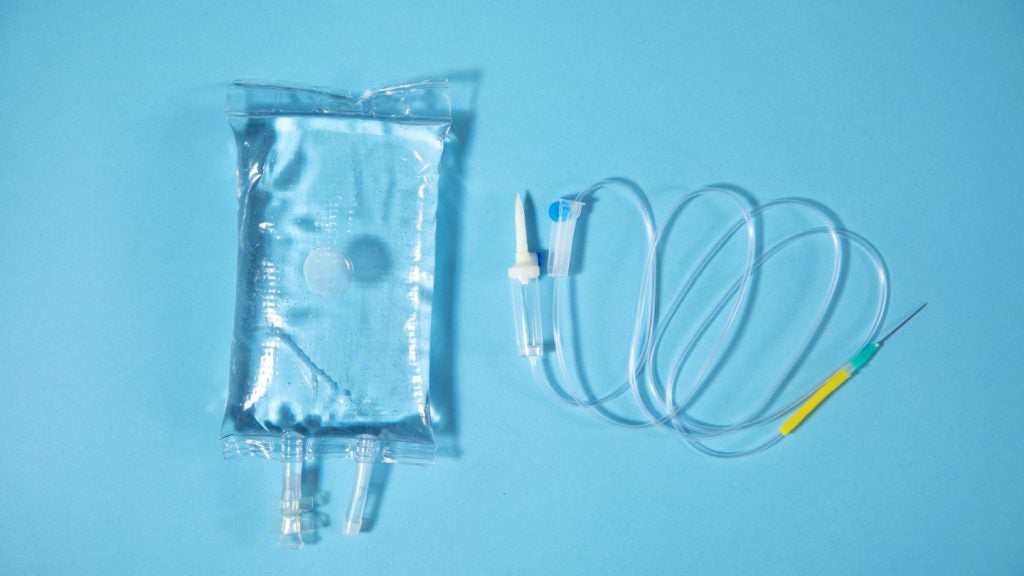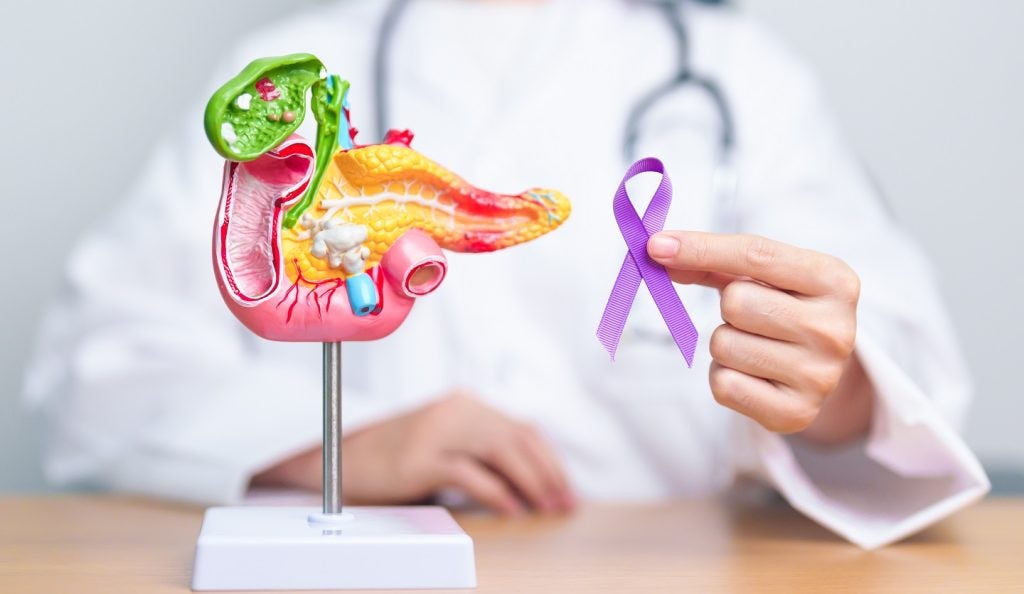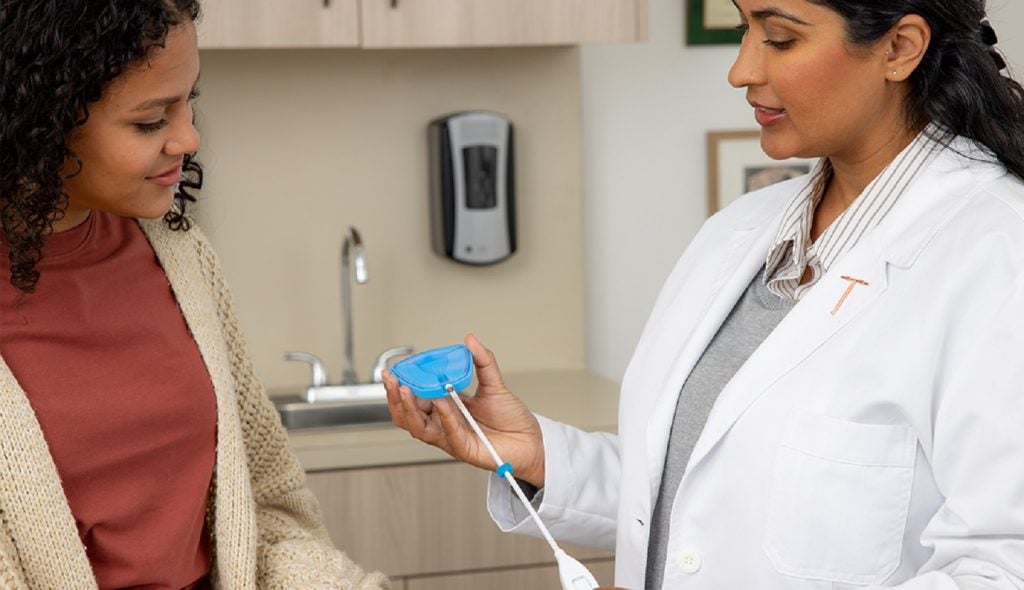Renata Medical has announced the successful implantation of the Minima Growth Stent in a patient, marking the first use since its Food and Drug Administration (FDA) approval.
It is designed to support somatic growth in young children, offering a new solution to the limitations of traditional stenting methods.
Equipped with Growth Technology, the stent has been developed to provide relief for aortic coarctation and pulmonary artery stenosis.
Its ability to be re-expanded as the patient grows has been a key factor in its FDA approval, highlighting its potential to improve patient outcomes.
The stent system received the approval for treating infant vascular stenosis.
Children’s Hospital Los Angeles congenital interventional catheterisation director Dr Darren Berman said: “Today, we implanted the first commercially available Minima Stent in a two-year-old child with severe branch pulmonary artery stenosis. The procedure went smoothly, and she went home the next day.”
The system has been tested and validated for re-expansion to adult sizes, ensuring its utility throughout a patient's growth period.
Renata Medical CEO Dustin Armer said: “Successfully implanting the first commercial Minima Growth Stent is a monumental achievement for our company.
“This milestone reflects our commitment to advancing medical technology and improving patient lives. We are excited to see the positive outcomes this stent will bring to the medical community and the patients we serve.”
The Minima Growth Stent can be implanted in patients as young as a few days old and weighing at least 1.5kg.
It comes pre-mounted on an integrated delivery system, compatible with a 4F sheath, and features an atraumatic tip for sheath-less access into femoral or arterial vessels.
The Minima Growth Stent can initially be implanted between 5.1mm and 8.5mm and is designed for future re-expansion using a standard balloon.















